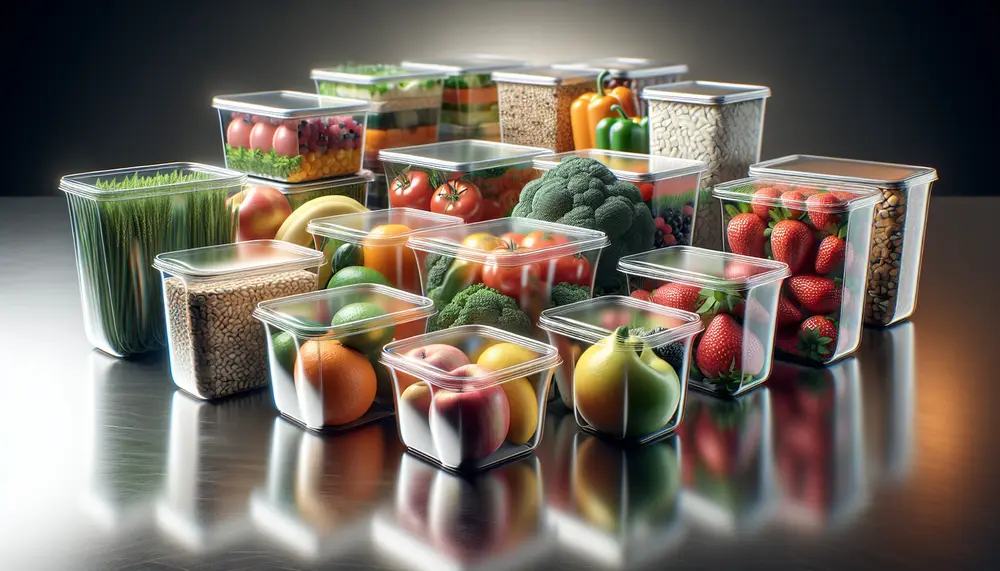Posts on the Topic Lifecycle
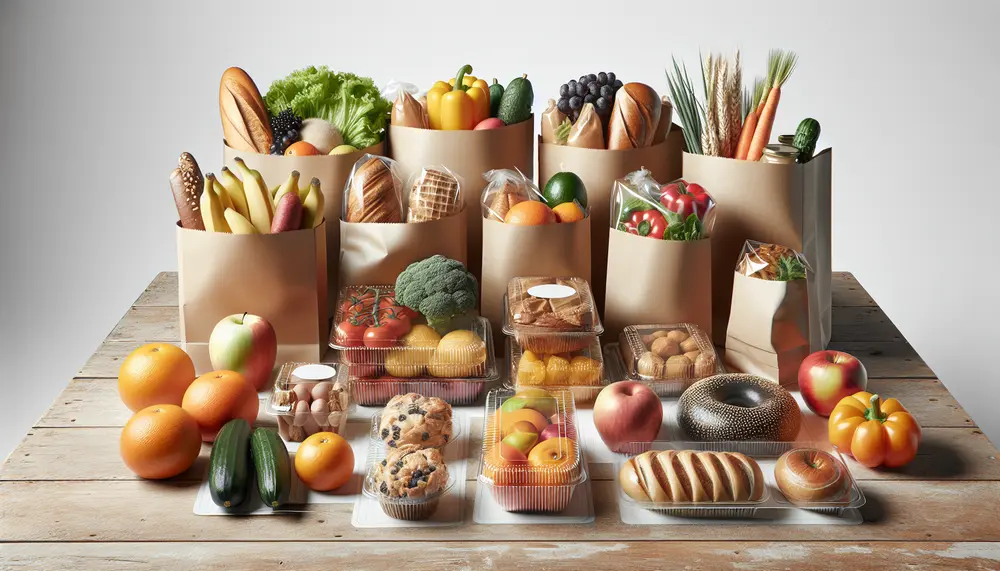
Packaging is critical for food safety and freshness, providing a barrier against contaminants and extending shelf life through innovations like modified atmosphere packaging. It also protects from physical damage during distribution, playing an essential role in preventing foodborne illness. Choosing the...
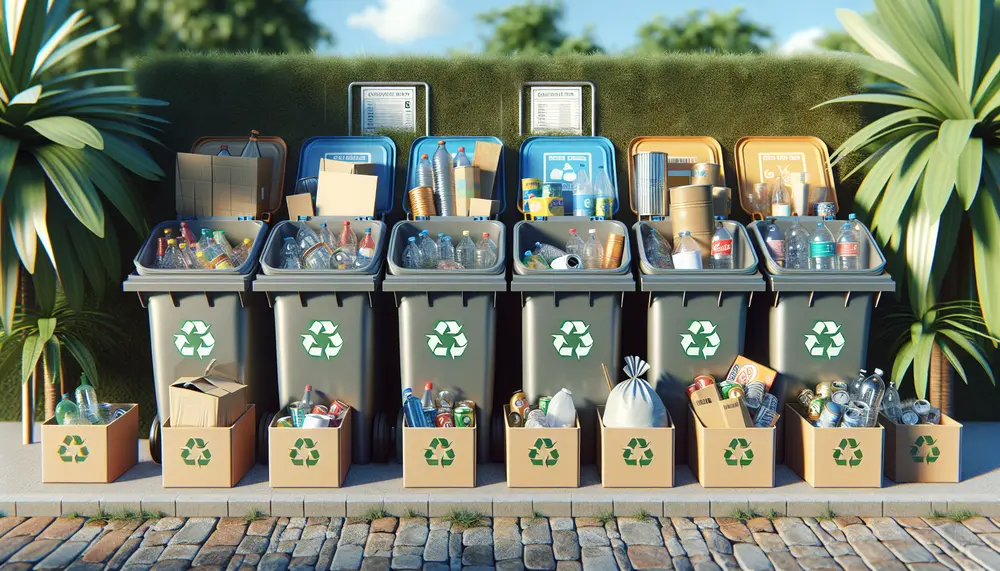
The Packaging Waste Directive (Directive 94/62/EC) is a key EU legislation aimed at reducing packaging waste by setting recovery and recycling targets, promoting sustainable design, and minimizing landfill disposal. Compliance with the directive benefits businesses through enhanced reputation, cost savings,...
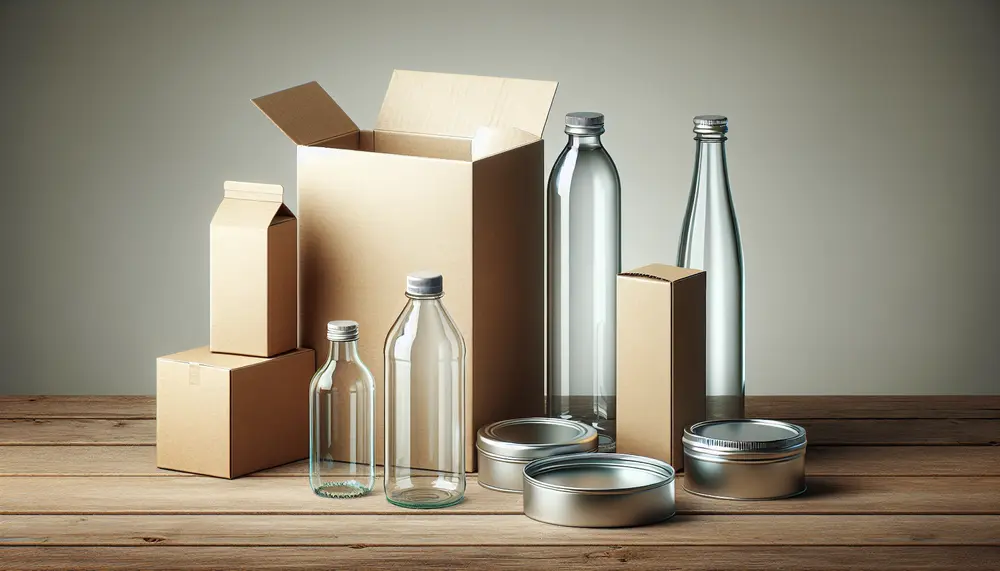
Packaging materials are crucial for product protection, branding, and environmental impact; choosing the right type depends on various factors including the product's nature and consumer trends. Paper-based options like corrugated cardboard and SBS paperboard offer sustainable choices with different balances...

Reusable packaging promotes sustainability by reducing waste and encouraging a circular economy, with benefits including resource efficiency and reduced environmental impact. Regulatory incentives are fostering this shift towards reusability, which offers economic advantages alongside fulfilling global responsibility. The environmental benefits of...

RPET stands for recycled polyethylene terephthalate, a sustainable packaging material made from recycling used PET plastics. It reduces reliance on virgin plastic and conserves resources while maintaining quality through multiple life cycles. The journey of RPET bottles involves collection, sorting, cleaning,...

Sustainability in packaging focuses on reducing environmental impact through practices like using biodegradable materials and designing for reusability, aiming to align ecological health with business and consumer needs. Current trends include plant-based materials, minimalist designs, recycled content use, and advanced...
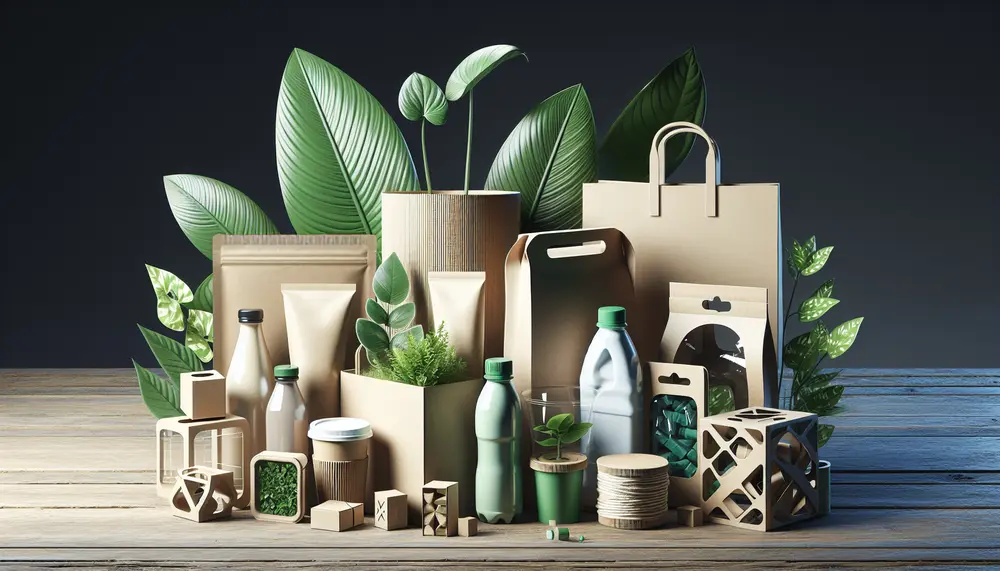
The Sustainability Awards for Packaging in Europe highlight innovative sustainable packaging solutions, emphasizing the industry's shift towards environmental responsibility as a core value. Winners are chosen based on comprehensive criteria that assess material efficiency, design for recycling, innovation, life cycle...
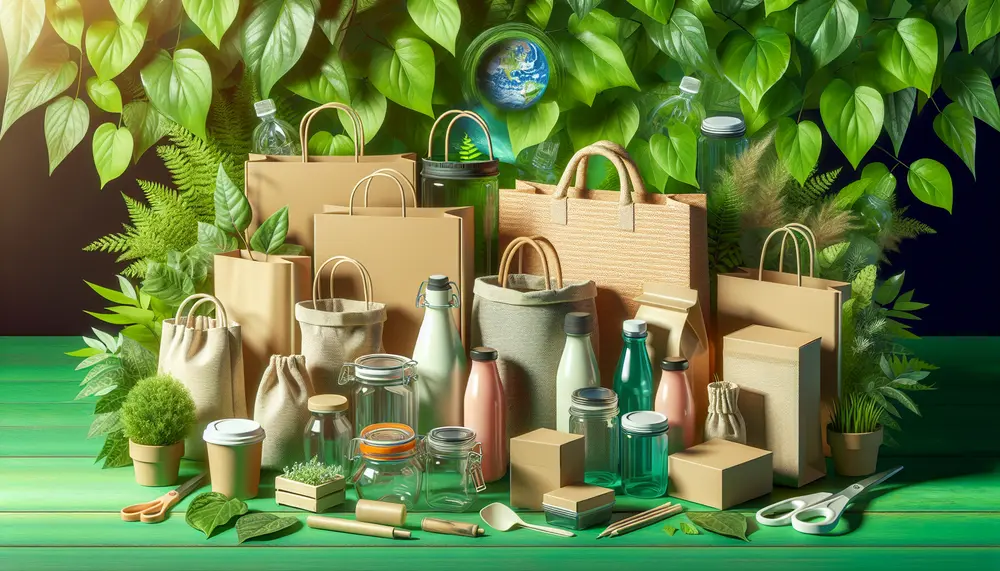
Sustainability in the packaging industry focuses on reducing environmental impact through a circular economy, optimizing supply chains, and aligning with consumer values for eco-friendly products. The industry faces challenges like waste accumulation and energy-intensive production but is shifting towards sustainable...


